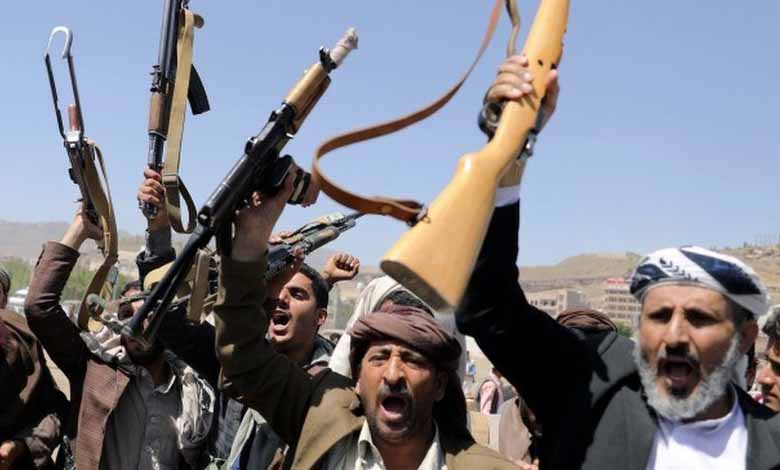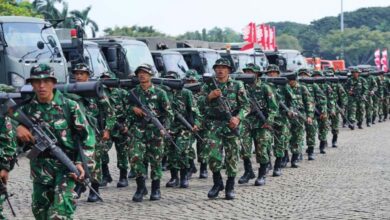From 2004 until now, What are the relations between Al-Islah and Houthi in Yemen?

Yemen’s al-Islah Party has strong ties to the pro-Iranian Houthi militias in Yemen, both in private and in public, and has become even more visible following the Brotherhood insurgency in Yemen’s southern Shabwah province in recent days.
The status of opportunism is tied to the positions of Yemen’s al-Islah Party, the political arm of the Muslim Brotherhood, throughout its entire history since its founding in 1990.
The Brotherhood’s handling of the Houthi crisis, which erupted in 2004, raised questions. At the time, the Brotherhood sympathized with the Houthis and declared its sympathies with them. The Brotherhood declared their case “just” and refused to participate with the state in any of the six wars against the Houthis, confirming the link between the Houthis and al-Islah.
The Muslim Brotherhood’s al-Islah party exploited the gifts of the Arab Spring revolutions that erupted in the region in the past decade to achieve its agenda in gaining power in Yemen, where it allied with Houthi militias to overthrow the regime of Yemeni President Ali Abdullah Saleh.
Prior to his death, Ali Abdullah Saleh admitted that the al-Islah party had allied with the Houthis to overthrow his regime. The Muslim Brotherhood party turned the events of 2011 in Yemen into an environment conducive to bringing the Houthi project, which serves the mullahs, to light.
During what they called the Yemeni revolution, the Yemeni Brothers welcomed Houthi elements during the sit-in hours in Sanaa and several provinces until Houthi moved one step closer to toppling Sanaa and other cities in his control.
In continuation of the opportunistic policy of the al-Islah Party, it announced its alliance with former Yemeni President Abdrabbuh Mansur Hadi under the slogans of defeating the Houthis in Yemen. However, the traitors of the Yemeni Brothers revealed their suspicious goals in Yemen, which were manifested in the delivery of brigades, weapons and fronts to the Houthis without a fight.
This malicious policy of the al-Islah Party caused the death of Yemenis because of its betrayal of the people over the past years. It also exploited the support provided by Arab coalition countries to achieve the party’s agenda.
In the same context, Yemeni political sources revealed that the al-Islah Party is preparing to return to Sanaa in the current period, within the framework of announcing an official alliance with the Houthis, after the failure of the Brotherhood’s rebel agenda in Shabwah.. Is that a date approaching, especially as the Houthis and al-Islah have exchanged suspicious letters confirming that offer?












